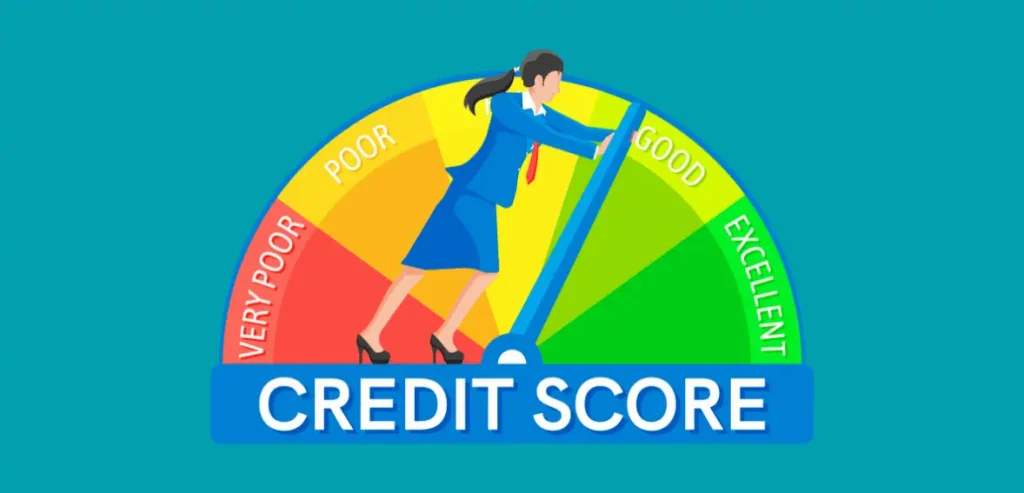Maintaining a good credit score is crucial in today’s financial world. It affects everything from loan approvals to the interest rates you receive. A high credit score can even help you secure better insurance rates. While it may seem daunting, developing simple habits can effectively keep your credit rating in good standing.
In this article, we’ll explore straightforward methods to manage your credit effectively. These habits are not only easy to implement but also essential in maintaining a healthy credit profile. From understanding credit reports to adopting healthy financial behaviors, we’ll guide you on a path to a solid credit foundation.
Understanding your credit report

One of the most important steps in maintaining a good credit score is understanding your credit report. Your credit report is essentially your financial report card. It details your borrowing habits, payment histories, and other credit-related activities. Reviewing this report regularly allows you to track your progress and pinpoint areas for improvement.
Start by obtaining a free copy of your credit report from each of the three major credit bureaus annually. Look for any discrepancies or errors, and dispute them promptly. Regularly reviewing your report will ensure that you are aware of your credit activities and can spot any unauthorized transactions, helping you maintain a clean credit record.
Recognizing common credit report errors
Errors in your credit report can significantly impact your credit score. Common errors include incorrect personal information, accounts that do not belong to you, and inaccurate account status. These discrepancies can hamper your financial standing, making it crucial to identify and rectify them swiftly.
Take note of any unfamiliar accounts or incorrect balances, as these are signs of potential errors. Contact the credit bureau and the involved creditor to initiate a correction process. By keeping your credit report error-free, you protect your credit score and ensure accurate representation of your financial behavior.
Developing smart financial habits
Another essential aspect of maintaining a good credit score is developing smart financial habits. Consistency in handling your finances responsibly makes a substantial difference in your credit rating. Simple habits, when practiced regularly, contribute significantly to long-term financial health.
One of the key habits to foster is paying your bills on time. Late payments can have a detrimental effect on your credit score. Set up payment reminders or automate payments to ensure you never miss a due date. Additionally, keep your credit card balances low, ideally below 30% of your credit limit, to maintain a positive credit utilization ratio.
Crafting a realistic budget plan
A realistic budget plan is a powerful tool in managing your finances effectively. It helps you understand your financial limits and prioritize spending, ensuring you meet financial obligations promptly. Start by listing your monthly income and expenses, categorizing needs versus wants.
Allocate funds for necessities first, such as housing, utilities, and groceries. Set aside a portion for savings and debt repayment. Finally, designate a reasonable amount for discretionary spending. By adhering to a well-structured budget, you cultivate financial discipline, which translates into consistent creditworthiness over time.
Securing your financial future
Ultimately, maintaining a good credit score is not just about numbers—it’s about securing your financial future. A strong credit score provides peace of mind, knowing you have access to financial resources whenever necessary. It supports your financial goals, whether buying a home, securing a loan, or obtaining favorable financial products.
By staying proactive and diligent in your credit management, you protect your financial reputation and increase your ability to meet future financial needs. Remember, it’s the small, consistent habits that lead to significant improvements in your financial well-being, empowering you to achieve your broader financial aspirations with confidence.




